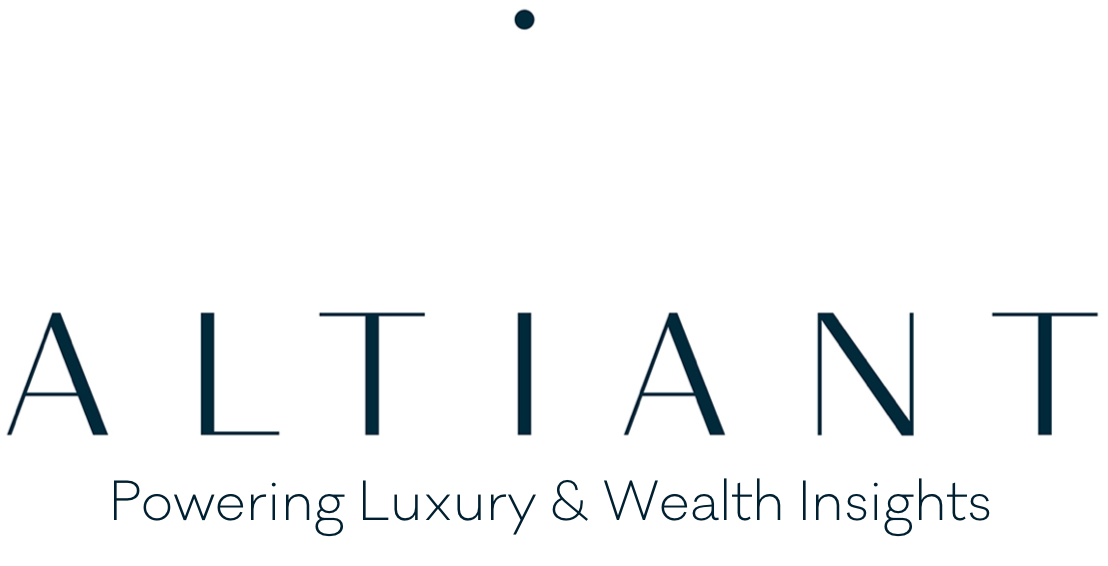Our research has been featured in Luxury Daily’s article “Amid uncertainty, consequences of US election likely to ripple across luxury“
“Considering that the affluent — both Democrat and Republican — have been largely benefiting financially from the Trump presidency, at least insofar as equity appreciation is concerned, it is likely that affluent and HNWI will be less likely to make substantial changes to their portfolios than should Biden win,” said Lars Long, founder and CEO at Altiant, Stockholm. “In the research, we saw more portfolio changes expected among those who expect Biden to win."
Read the full article here
